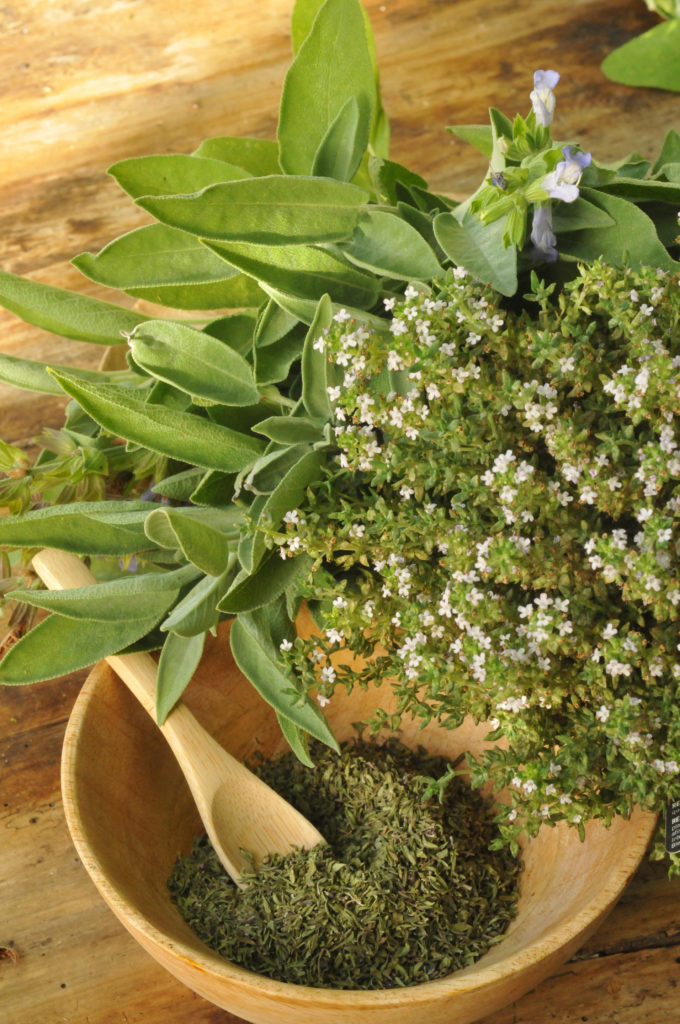Cairo – Egyptian farmers and exporters are looking for opportunities to increase their share in the global medicinal and aromatic herbs market. The Arab country still has a small stake but produces high-quality and abundant products.
Two Egyptian institutions, the Food Export Council (FEC) and the Chamber of Food Industries (CFI), in cooperation with the German International Cooperation Agency (GIZ), are working to develop the segment and increase its share in worldwide trade.
Director of Exhibitions and Member Services of the FEC, Heba Sohail, said the entity is primarily entrusted with helping Egyptian food industries increase exports to international target markets and develop marketing opportunities in new countries.
Production in Egypt

According to Heba, the council is working on several support projects for food industries in different export-oriented sectors, including medicinal and aromatic herbs. Presently, the sector is one of the focuses of the institution’s initiatives. According to the executive, this market has a turnover of USD 5.4 billion globally, but Egypt accounts for just 1.78%.
Heba believes given the current opportunities, Egyptian exports could reach a 7% share of the global market. This is primarily because there are a series of products typical to Egypt, including jasmine, marjoram, chamomile, and cumin, among others, accepted in many international markets and already exported by Egypt to countries such as the United States, Germany, and France.
She highlighted the importance of the unique sector development project in cooperation with GIZ. According to Heba, the council demands standards and requirements from Egyptian member companies to guarantee the supply of safe and high-quality food products meeting international requirements and specifications. The goal is to preserve the reputation of Egypt’s products in foreign markets.
Challenges and opportunities
Myriam Fernando, director of the GIZ-funded Agricultural Innovation Project (AIP), said there are two challenges for small farmers: Quality of medicinal and aromatic herbs and knowledge about global market demands. In addition to these issues, they must follow the necessary steps to prepare products for export, such as drying, oil extraction, etc.
Myriam believes there is an opportunity to add value to crops in this sector, not only on large farms but also in smaller-scale production among small farmers. She said promoting Egypt and adjusting product packaging to international standards and in line with world trends is essential. The executive also sees it noteworthy to foster cooperation between different parties to achieve the desired goals.
Translated by Georgette Merkhan & Elúsio Brasileiro




